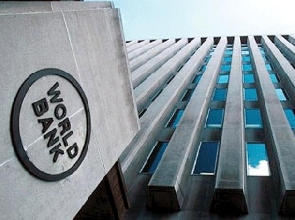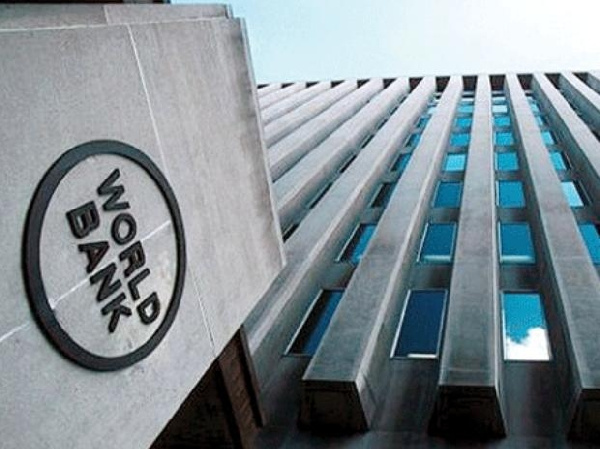 World Bank bemoans Ghana’s lack of discipline
World Bank bemoans Ghana’s lack of discipline
The World Bank has identified a lack of budget discipline as the primary cause of Ghana’s ongoing fiscal challenges, citing unchecked public spending, rising interest payments, and increasing financial constraints as key issues.
In its latest Public Finance Review, the Bank highlights that election-year overspending, costly bailouts in the financial and energy sectors, and pandemic-related expenditures have severely limited Ghana’s fiscal space, reducing resources available for productive investments.
Between 2010 and 2023, nearly 70% of total government expenditure was directed toward public sector wages, interest payments, and statutory transfers, far outpacing GDP growth and squeezing funds meant for infrastructure and economic expansion.
As borrowing costs surged, interest payments took up a larger share of government spending, leaving little room for critical capital investments necessary for long-term development.
The report urges Ghana to reset its fiscal strategy by:
1. Boosting domestic revenue
2. Rationalizing tax exemptions
3. Enforcing stricter expenditure controls
The World Bank warns that without deeper fiscal reforms, Ghana risks reversing recent economic gains and prolonging financial instability.
It calls on policymakers to curb nonessential spending, strengthen public financial management, and adopt a more disciplined fiscal framework to restore economic confidence and attract sustainable investments.
Watch the latest edition of BizTech below:
Click here to follow the GhanaWeb Business WhatsApp channel
